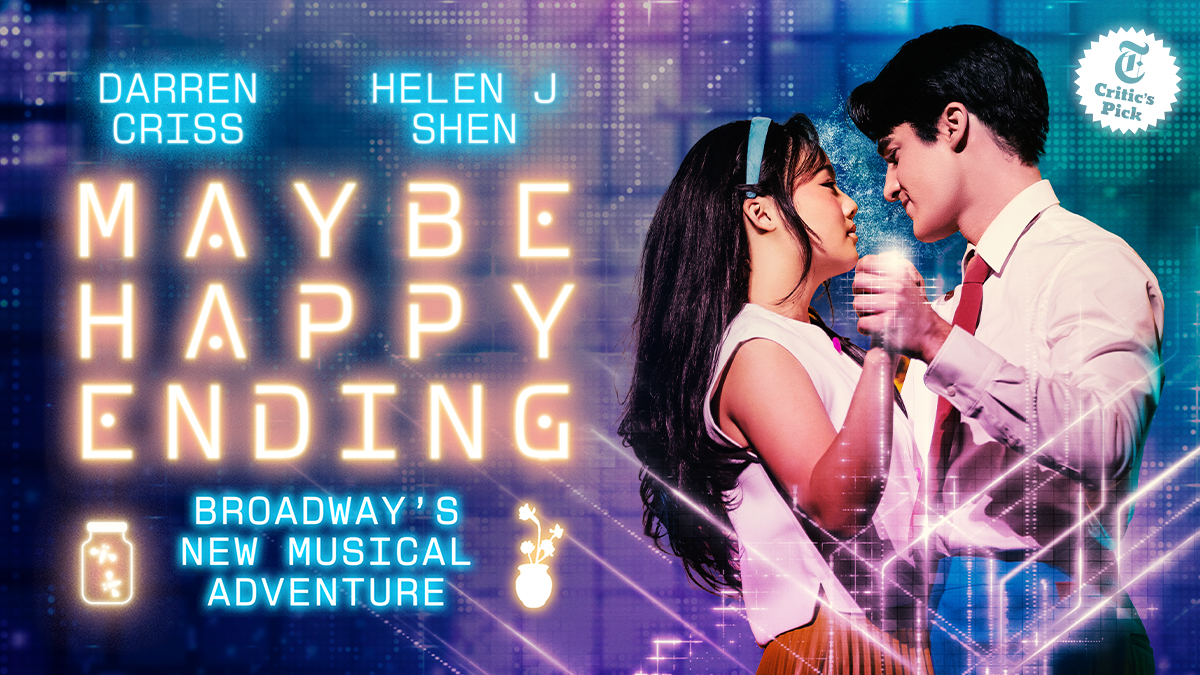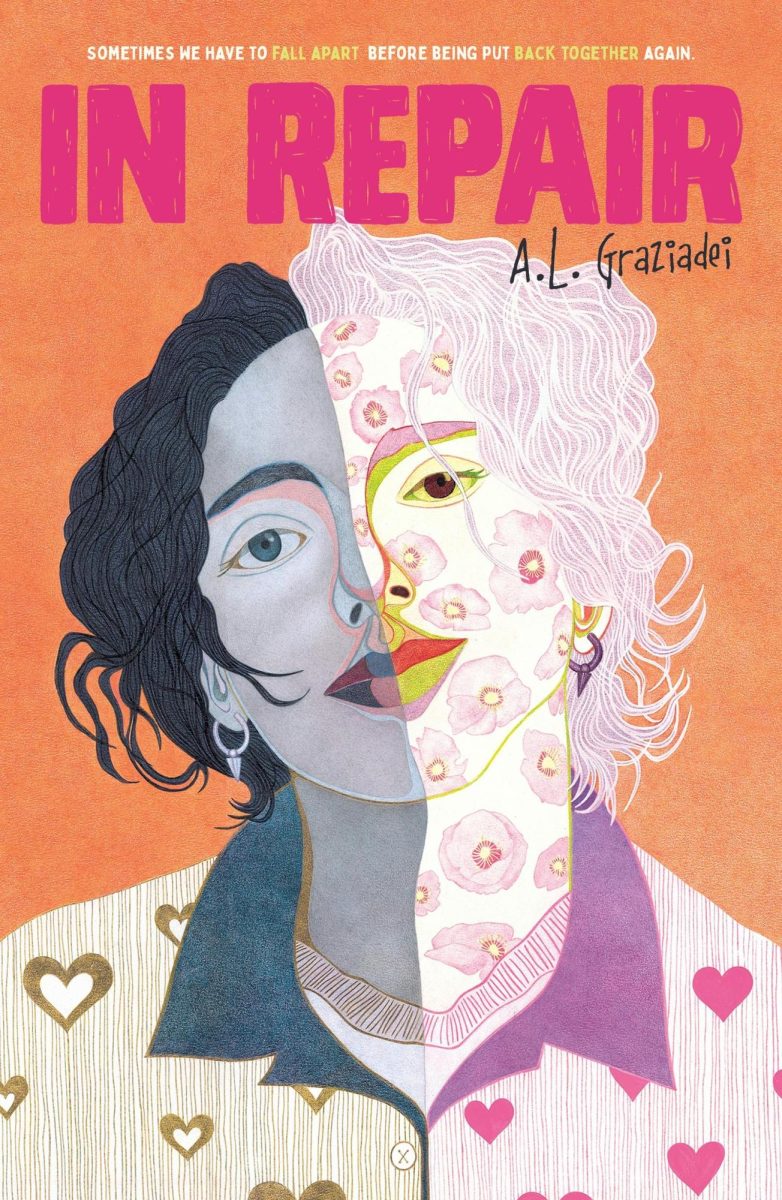By Celine Macura

The Orlando shooting this past June at Pulse, a gay nightclub, left 43 dead and 53 injured. For many Americans, it was a heart-wrenching tragedy that highlighted the atrocities of terrorism, but for Theatre South Director Mr. Thomas Marr, it was more than just a hate crime. At the time of the shooting, Mr. Marr was in the process of choosing the productions for the upcoming school year; the Orlando shooting made it clear to him that The Laramie Project Cycle was the right play for such unstable times.
In 1998, Matthew Shepard was brutally beaten by two homophobic men he met at a bar. The men agreed to drive Shepard home, but instead robbed him, pistol-whipped him, beat him nearly to death, and tied him to a fence where he remained, barely breathing, until found 18 hours later. Six days later, Shepard died in the Intensive Care Unit of a Colorado hospital. The Laramie Project Cycle consists of two plays about the effects of this gay hate crime in Laramie, Wyoming; one play takes place directly after the offense, and the other ten years later.
While the Winter Plays are usually double cast, The Laramie Project Cycle is double scripted—the first of its kind for Theatre South. It’s impressive that the directors were able to manage not only two casts but also two plays with such precision. But that’s not all that’s new: The play is documentary theatre, which means that it is based off of archival sources, such as interviews, recordings, and newspaper clippings. “It is basically like watching a documentary on stage.Members of the theatre company went to Laramie, Wyoming, after the death of Matthew Shepard and interviewed those affected; they then compiled those interviews into a theatrical piece” said Mr. Marr. This style of performance was extremely effective because of its honesty. Knowing that these statements and reactions are unedited for dramatic effect makes the play a more accurate depiction of events. Since so many different characters appear in the play, many actors played multiple characters. While this was at times confusing, actors made sure to do a slight wardrobe change that was consistent with each character they played.
The plays were extremely moving. They put a life behind Matthew’s famous face, making him more than just a gay rights martyr. While the acting was notable from the entire cast, two cast members stood out: seniors Isabella Malfi and Noah Harrouche. In The Laramie Project, Malfi transitioned seamlessly between character roles; with only a costume addition, such as a hat or a button-down shirt, Malfi effectively embodied an entirely new character. In the Laramie Project Ten Years Later, Malfi’s portrayal of a heart-broken mother brought tears to the eyes of several audience members.
Harrouche played the prosecutor on the case who struggled between his own feelings toward the gay community and the heartbreaking effect the attack had on him. His solemn voice shook the audience as he evolved throughout the scenes.
Shepard’s attack was as a watershed moment not only for the Gay Rights Movement but also for the town of Laramie. The plays take viewers through the chilling responses town residents had directly after the incident and the long term effects Shepard’s death had on the people living there. Playwright Moises Kaufman included direct quotes from his interviewees, and actually surrounds the plays around his experiences and his team’s interactions with Laramie Residents. “The writers themselves sort of weave in and out of the play, either as narrators or as themselves, in scenes with people that they were interviewing,” Mr. Marr explained.
The two plays effectively took viewers to the heart of Laramie. The audience sat on the stage, surrounding the actors. This heightened all of the actor’s actions; every head-shake, saddened expression, or tensed body language spoke directly to the audience—and the storyline. The main props used by the actors were the numerous chairs placed around the stage. As another actor came onstage to conduct an interview or answer questions about Matthew, they pulled over a chair, giving a more relaxed tone to the documentary-style performance. Wyoming winds swooshed over loudspeakers to deliver the real Laramie experience.
With the current political atmosphere, this message is as important in the world today as it was 18 years ago in Laramie, Wyoming. Cast member Eugene Yi noted that “all around us in society, hatred towards so many groups of people still exist, whether it be the LGBTQ+ community or Islamic religion, and I think the play really demonstrates how far hate can reach and how impactful it truly is.”
Mr. Marr said he chose this play before the 2017 election and was surprised by it’s relevance to the political tension in our country. The Laramie Project Cycle provided a new perspective on hate crimes and reminded the audience how much one tragedy can affect an entire town. It reminded the audience how important it is to stop hate in its tracks before it escalates.
It’s truly heart wrenching to see how a community deals with tragedy, but it’s also an important message with a moral that cannot be missed: If we diminish hate crimes or pretend they do not exist, we risk raising a generation in oblivion and falling into an ugly cycle of hate.







